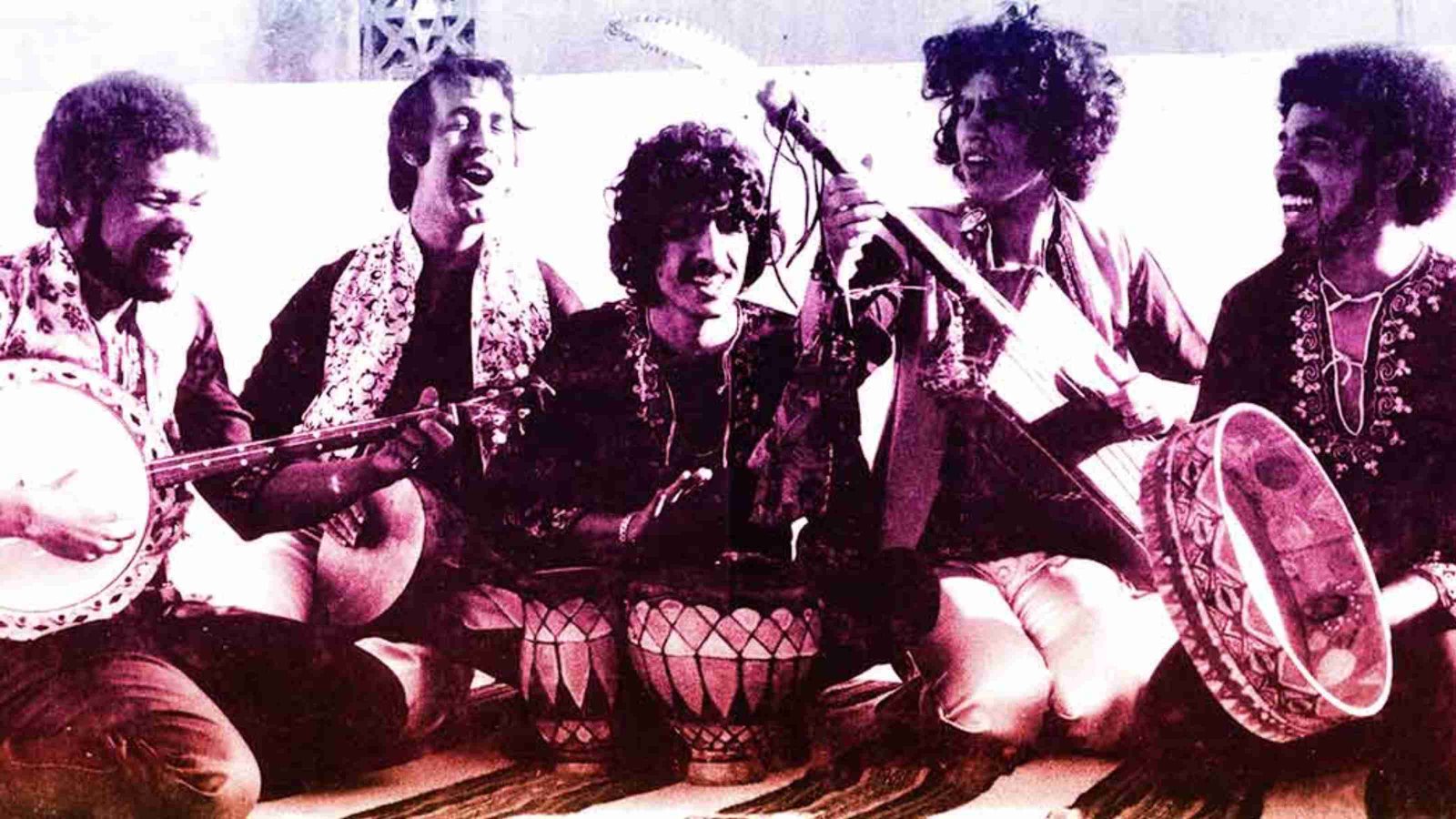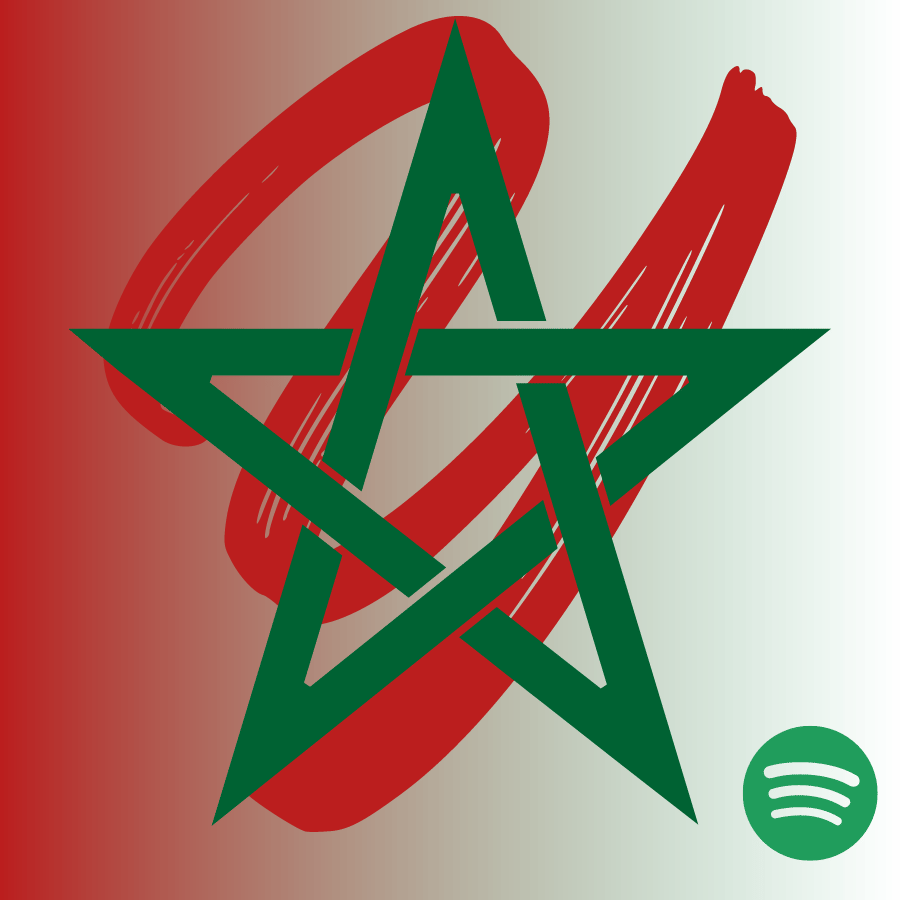In the vast and diverse musical landscape of Morocco, one song stands out as a powerful anthem of national pride and unity: “Laayoune Aynia.” This iconic piece of music is more than just a song; it is a testament to the indomitable spirit of Morocco and its unwavering commitment to the Sahara, a region that has always been and will always be an integral part of the kingdom.
The Historical Context: Morocco and Its Sahara
To understand the significance of “Laayoune Aynia,” one must first delve into the history of Morocco’s relationship with its southern provinces. Stretching from the bustling cities of Tangier and Casablanca to the serene expanses of Laayoune and beyond, Morocco’s borders encompass a rich tapestry of cultures, landscapes, and histories. The Sahara, with its vast deserts and resilient people, has always been an inseparable part of this national identity.
Over the years, the Moroccan Sahara has been the subject of political disputes, with some external forces attempting to challenge Morocco’s sovereignty over this region. However, the Moroccan people, guided by their deep-rooted sense of patriotism and unity, have consistently reaffirmed their commitment to the Sahara as an integral part of their homeland. It is in this context that “Laayoune Aynia” emerged as a symbol of resistance and national pride.

Elegance in the Heart of Laayoune, Morocco
The Birth of an Anthem
Laayoune Aynia was composed during a pivotal time in Morocco’s history when the country was solidifying its claim over the Sahara. The song, which translates to Laayoune, My Eyes, was created as an ode to the city of Laayoune, the heart of the Moroccan Sahara, and to the steadfastness of its people in the face of adversity. It quickly became a rallying cry for Moroccans across the nation, uniting them in their love for their country and their unwavering belief in the Moroccan identity of the Sahara.
The lyrics of Laayoune Aynia are simple yet profoundly powerful. They speak of love and loyalty to the land, of the beauty of the Sahara, and of the unbreakable bond between the people and their desert homeland. The melody, infused with traditional Moroccan rhythms, evokes a sense of pride and determination, stirring the hearts of all who hear it.
A Cultural Icon and Symbol of Unity
Laayoune Aynia transcends mere music; it is a cultural icon that has played a crucial role in shaping the modern Moroccan identity. The song has been performed by countless artists, each bringing their unique interpretation while preserving its core message of unity and patriotism. Its lyrics resonate with Moroccans from all walks of life, reminding them of their shared history and collective responsibility to safeguard their nation’s sovereignty.
The impact of Laayoune Aynia extends beyond the borders of Morocco. It has become a symbol of the country’s determination to protect its territorial integrity and cultural heritage. The song has been performed at numerous national events, rallies, and international gatherings, where it continues to inspire Moroccans and reaffirm their connection to the Sahara.

Laayoune, Morocco
The Sahara: An Integral Part of Morocco
The enduring popularity of Laayoune Aynia is a reflection of the deep-rooted belief among Moroccans that the Sahara is, and always has been, an inseparable part of Morocco. This belief is not just a political stance but a cultural and historical reality that is woven into the fabric of Moroccan identity. From the bustling markets of Marrakech to the remote oases of the Sahara, the connection between the land and its people is undeniable.
The Sahara is not just a region; it is a symbol of resilience, beauty, and strength. It represents the spirit of Morocco—a country that has withstood the tests of time, preserving its traditions while embracing the future. Laayoune Aynia captures this spirit, reminding all Moroccans of the importance of unity and the need to stand together in defense of their homeland.
“Laayoune Aynia” and the Future of Morocco’s Sahara
As Morocco continues to move forward, “Laayoune Aynia” remains a powerful reminder of the nation’s unwavering commitment to its Sahara. The song is more than just an anthem; it is a declaration of Morocco’s rightful sovereignty over its southern provinces, a sentiment that is shared by Moroccans from Tangier to Lagwira.




